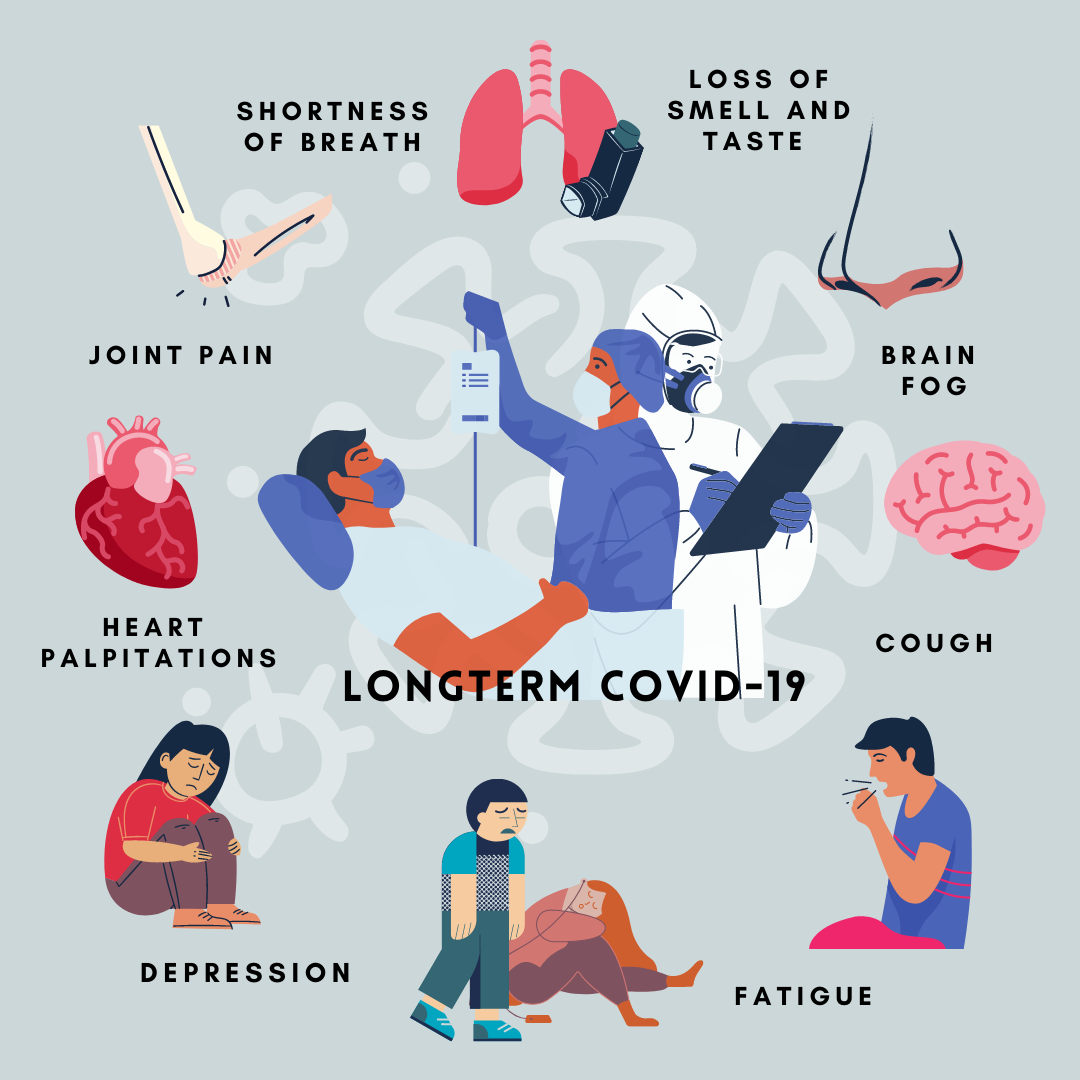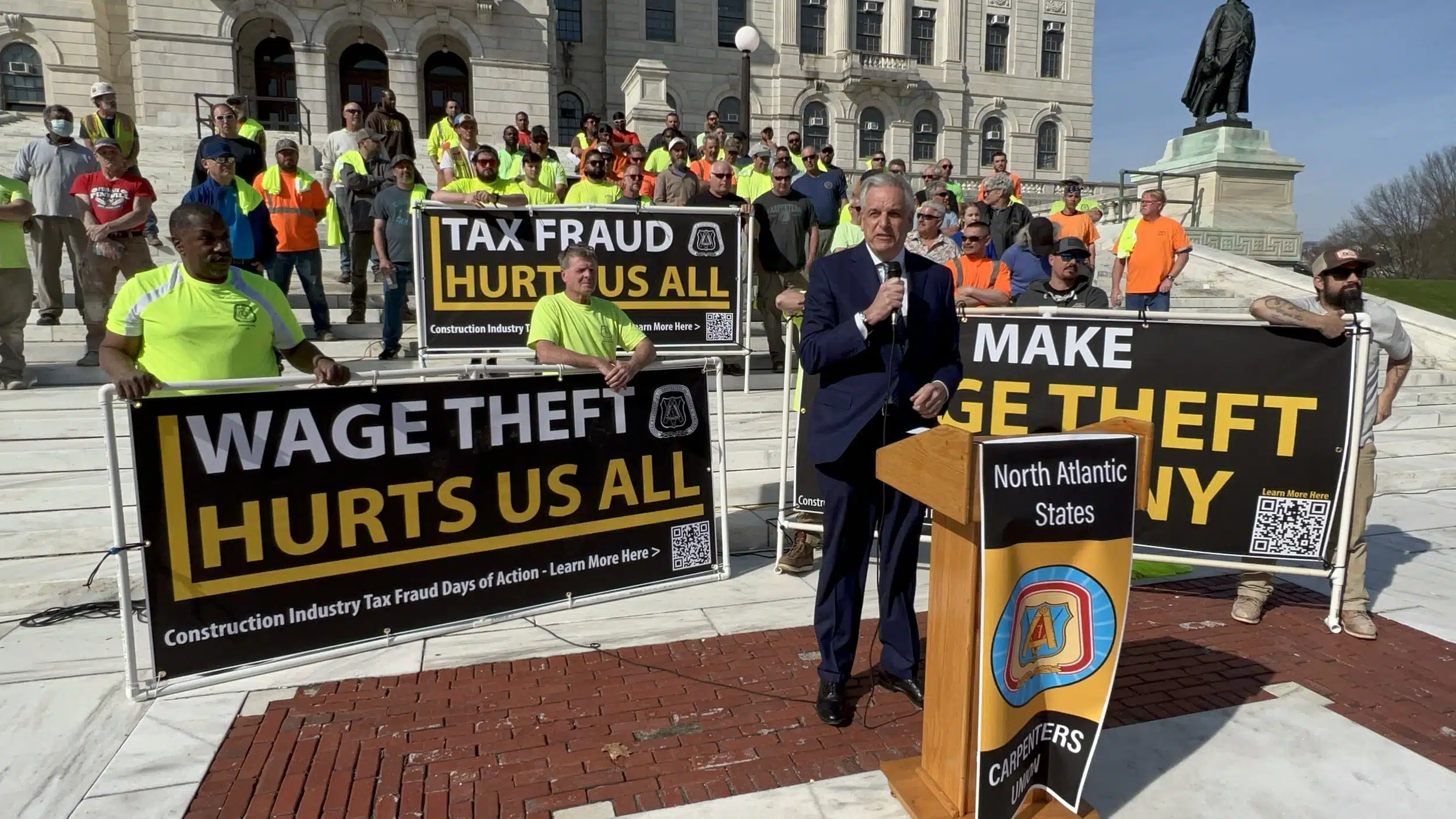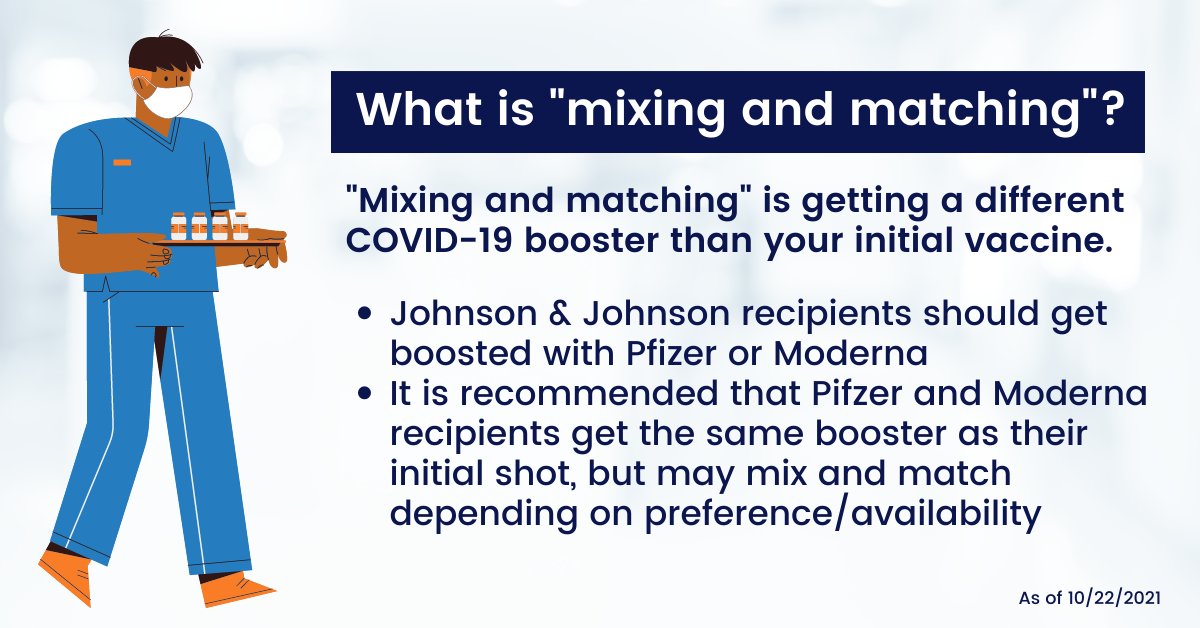Dems
Teresa Tanzi and Alana DiMario cited by Mental Health Association of Rhode
Island
News
releases from the State House news office
Mental
Health Association of R.I. names Tanzi Legislator of the Year
STATE HOUSE – The Rhode Island Mental Health Association
has presented Rep. Teresa A. Tanzi with its 2022 Legislator of the Year award.
Calling
her a “fierce advocate for the mental health community,” the association
praised her years of work in supporting mental health initiatives as a member
of the House of Representatives and in the community.
In
the General Assembly, Representative Tanzi (D-Dist. 34, South Kingstown,
Narragansett) has supported suicide prevention efforts and has helped to
introduce and sponsor the Nathan Bruno and Jason Flatt Act each year since 2018
until its final passage in 2021. Representative Tanzi also helped to introduce
the Extreme Risk Protection Orders (ERPOs) legislation — often known as “red
flag laws” — to empower families and law enforcement to prevent gun tragedies
by temporarily restricting access to guns for individuals at an elevated risk
of harming themselves or others. She is a former chairwoman of the House
Finance Committee’s Subcommittee on Human Services.
Representative
Tanzi has sponsored the Mental Health Association’s legislation to increase
reimbursement rates to behavioral health professionals as a means of rebuilding
the broken continuum of care and increasing access to treatment.
Representative
Tanzi is the recent past chairwoman of the Washington County Health Equity
Zone, a state sponsored organization dedicated to ensuring equal access to
quality health, education and recreation for all residents of South County. She
has been a faithful member the South County Regional Prevention Coalition
meetings and was a founding member of Healthy Bodies, Healthy Minds, which
administers evidence-based programs to address a range of mental health and
early childhood development topics. She completed the Crisis Intervention
Team training with local police officers.
The
association presented the award to Representative Tanzi at a State House event
today to kick off Mental Health Month, which is marked each May. The award was
presented by retired District Court judge Stephen Erickson. Sen. Alana M.
DiMario (D-Dist. 36, Narragansett, North Kingstown) is the association’s Senate
honoree.
Mental
Health Association of RI names Senator DiMario Legislator of the Year for 2022
STATE HOUSE — The Mental Health Association of Rhode Island named
Sen. Alana M. DiMario (D-Dist. 36, Narragansett, North Kingstown) as Legislator
of the Year during its “May is Mental Health Month” kickoff at the State House
today for advancing mental health reforms through legislation.
“I am proud and humbled that the Mental Health Association would
choose me for this award,” said Senator DiMario, a licensed mental health
counselor in private practice. “The diverse and complex issues of mental health
have always been very near and dear to me and I look forward to building upon
the work we have begun in the General Assembly to address these issues with the
voice and perspective of a mental health therapist when making policy
decisions, especially around our mental health care system.”
Most recently, Senator DiMario has sponsored a host of mental
health-related bills, including:
· S2086: This bill addresses
the practice of “clawbacks,” where an insurance company can come back to a provider
up to 18 months later to dispute payment of a claim and take back the money
that had been paid. S2086 reduces that time period to 12 months to help provide
more stability for providers and keep them in network with insurance companies,
increasing access for clients.
· S2105: This bill would
ensure that in cases of reported child abuse or neglect that the child receives
the best possible support and outcomes if either the child's family or the
perpetrator are involved with the military, and no one falls through the cracks
due to lack of communication.
· S2120: Currently, children
under 14 who have been the victims of sexual abuse can use a recorded video
interview as their testimony for a grand jury. This bill would raise the age to
18.
· S2576: This bill empowers
the Commissioner of Postsecondary Education to develop rules and regulations
around using available external funding sources to pay mental health and social
work students at public universities for their significant internship
requirements.
· S2605: This bill would
allow Rhode Island to enter into the Psychology Interjurisdictional Compact,
which would allow Rhode Island's psychologists to provide telehealth services
across state lines with the 31 states that are already participating.
· S2614: This bill
would create a plan for implementing best practices for children 0-6 and their
caregivers to make sure we are identifying and intervening early where the
impact on their future development can be the greatest.
· S2616: This bill would
allow qualified graduates to see clients who have commercial/private insurance
in addition to Medicaid which is already allowed. Making this change to a
2-tiered license structure would immediately increase access for Rhode
Islanders needing counseling, and would increase income for new
graduates.
· S2617: Creates parity with
a 2-step licensure process that would match what is described in S2616, and
also requires that the licensure exam for independent licensing be offered in
languages other than English.
The Mental Health Association of Rhode Island is the watchdog of
the mental health community. Through systems change, the organization promotes
mental health, increases consumers’ access to treatment and services, and
improves the lives of people touched by mental illness.
.webp)


.jpg/440px-Erythroxylum_novogranatense_var._Novogranatense_(retouched).jpg)






.webp)







.jpg)












.webp)